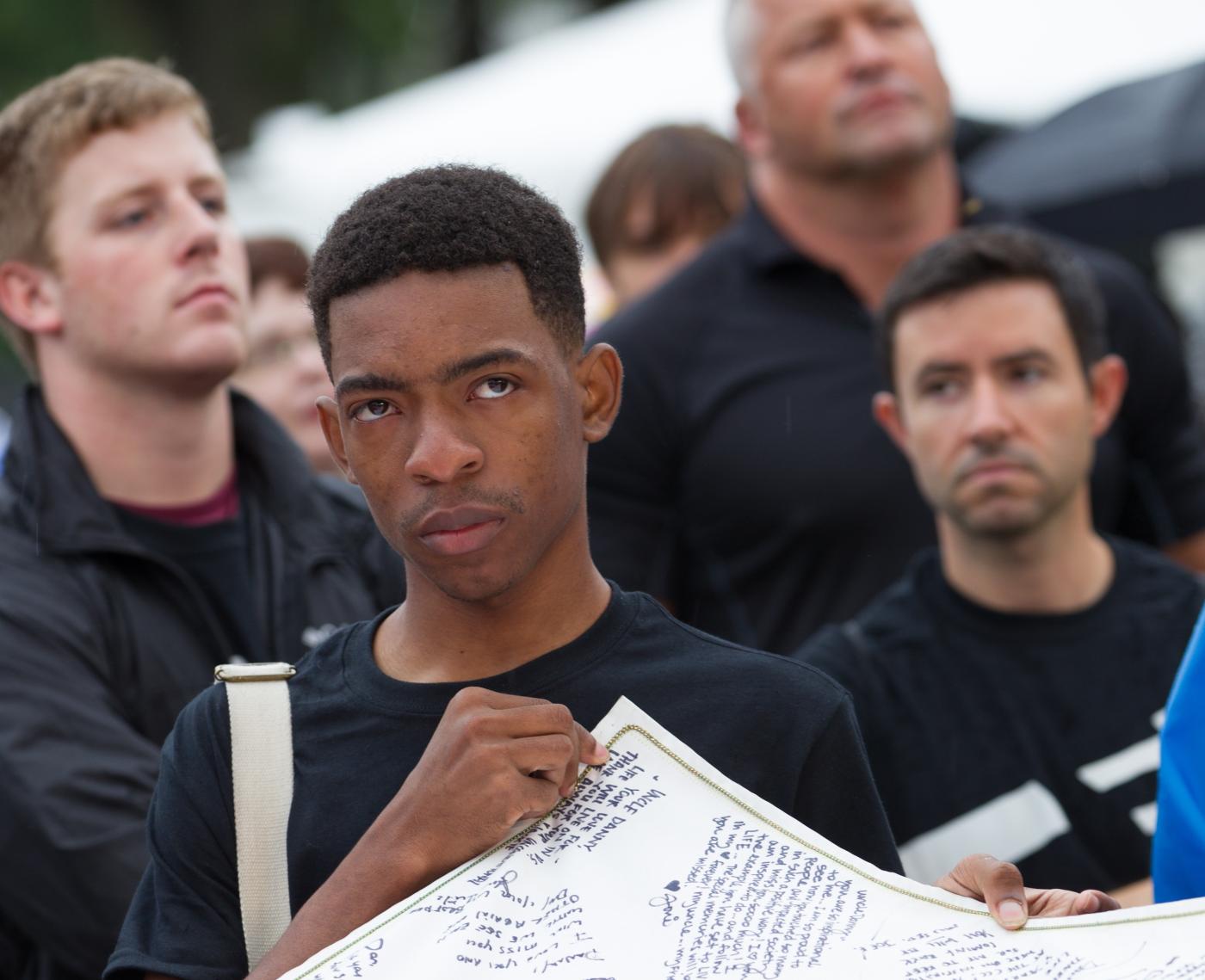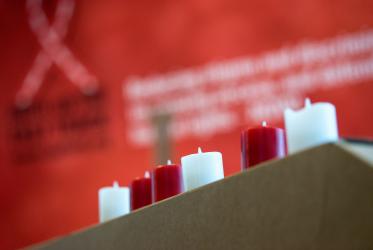Working with boys and men is critical to the success of the UNAIDS Fast Track agenda, said Pierre Somse, UNAIDS senior advisor for Fast Track Innovation, speaking at a symposium in Harare, Zimbabwe.
The event, “Linking and Learning on work with Leadership, Men and Boys: A Regional Symposium on Gender Norms Transformation,” was held 19-20.
Somse is also UNAIDS Support Team for Eastern and Southern Africa.
The symposium, convened by the Southern Africa HIV and AIDS Information and Dissemination Service (SAfAIDS) in partnership with Sonke Gender Justice Network (Sonke), reaffirmed the urgency of working with religious and traditional leaders to address sexual and gender-based values and HIV.
More than 100 participants explored the question of whether current approaches to working with boys and men in the region were informed by Eurocentric paradigms, or whether African perspectives were also being taken into consideration.
The emerging consensus was that the most critical factor is the need to uphold gender justice and ensure that both women and men can thrive in their families, communities and nations. Traditional leaders bemoaned the abuse of culture by some men who perpetrated sexual and gender-based violence in the name of culture. They pointed out that in its essence, culture ought to be life-giving.
Presenters from different institutions and professional backgrounds underscored the importance of including boys and men in programmes to respond to HIV. They noted that the health outcomes for girls and women improve significantly when boys and men are included in sexual and reproductive health and rights programmes.
Prof. Ezra Chitando of the World Council of Churches Ecumenical HIV and AIDS Initiatives and Advocacy (WCC-EHAIA) presented a paper on research and evidence related to interventions that focus on boys and men.
He gave examples of the Transformative Masculinities and Femininities trainings of WCC-EHAIA and highlighted how these are contributing significantly to the transformation of gender norms within faith communities.
Nakai Nengomasha from SAfAIDS described the need to engage senior male religious leaders in some theologically conservative churches. He described one initiative that seeks to work with leaders from African instituted churches that promote polygamy and early girl child marriages.
Some male religious leaders from such African instituted churches participated in the symposium and shared their experiences and challenges of transformation.
Rev. Bafana Khumalo, acting director, Sonke, reiterated the need to engage male religious leaders. He reminded participants that men continue to occupy positions of power within faith communities. Men who are committed to gender justice are a powerful resource in the struggle, he noted.
Lois Chingandu, SAfAIDS director, thanked the participants for their passion and commitment towards the transformation of gender norms and values in Southern Africa.
Information on Ecumenical HIV and AIDS Initiatives and Advocacy









